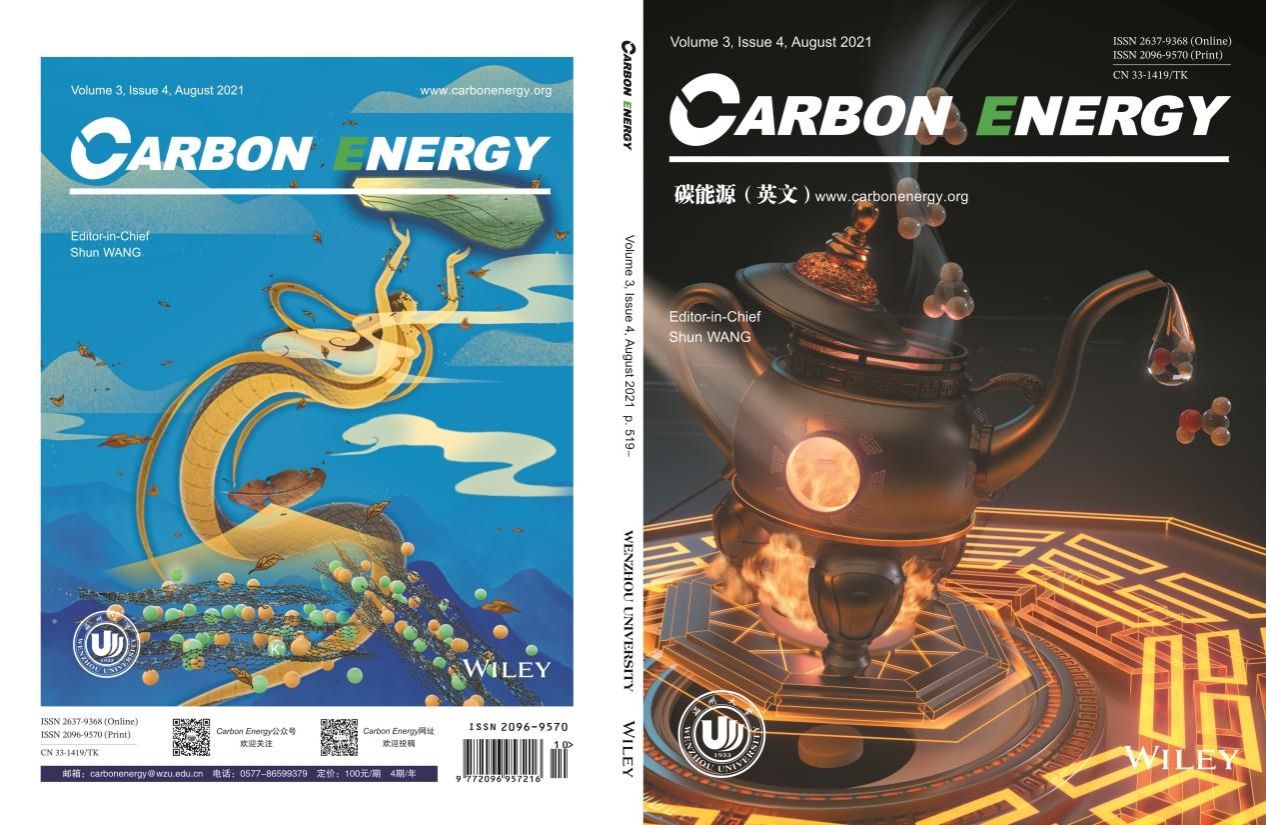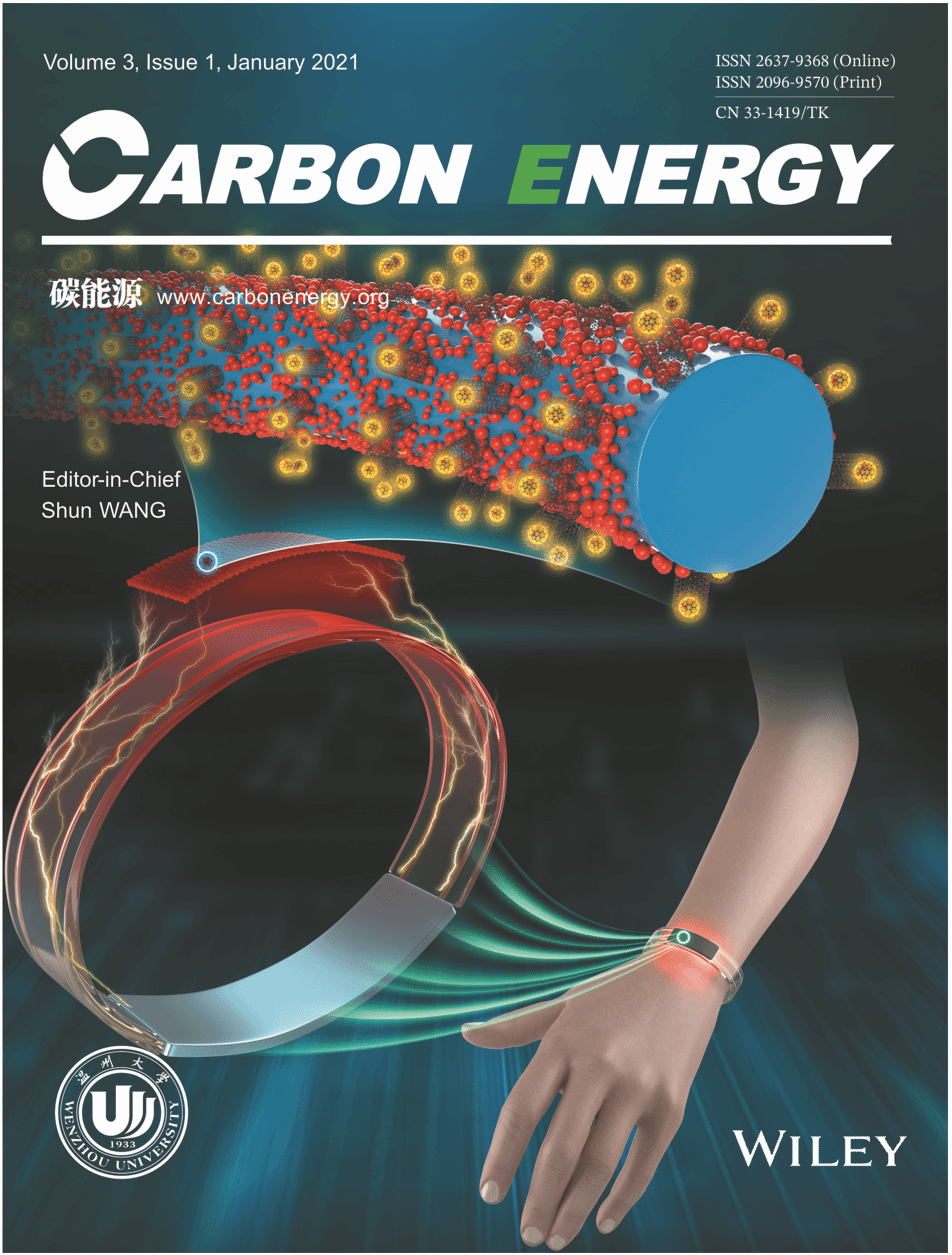Mar 24, 2025
Profile
Our Materials Design and Engineering Master program provides an understanding of the role and application of materials including polymer, inorganic materials and composite materials. It also examines the science of materials properties. Learn about materials from a science and an engineering point of view; Work in a research laboratory with other research students; Complete an industry-linked research project.
Job Prospect
You'll get to experience working in a research laboratory with other research students. Depending on the nature of your project, you may prepare and test specimens followed by post-test examination by many testing techniques such as electron microscopy and surface analysis techniques. Many successful graduates go on to do PhD research. Many of our graduates go on to work for high-profile employers within sectors such as ceramic, polymer, composite, pharmaceuticals, chemicals, energy, oil and gas, environment, and biotechnology.
Recent graduates have taken up roles including material engineer, chemical engineer, energy marketing and trading analyst, graduate engineer, process engineer, and technology risk associate within many companies.
Core Courses
Course Name:Scientific Paper Writing
Course Description :
The educational concept of this course is to take students as the center and improve students' ability of combining theory with practical application. Therefore, the following training objectives are set: 1. Let students understand the writing methods and norms of chemical papers. 2. Apply the theory learned to practice and improve the quality of paper writing by reviewing and analyzing the paper. 3. Improve students' knowledge application ability by consulting materials and defending courses.
Course Name:Advanced Organic Chemistry
Course Description :
Advanced organic chemistry is to further discuss the structure theory and reaction mechanism of organic matter on the basis of basic organic chemistry, and theoretically study the structure and reaction process of organic matter at a higher level. The structure, reaction, mechanism and their relationship of organic compounds are discussed emphatically. By discussing the principle, rule, characteristic and application of organic reaction, and introducing the design method and selection principle of organic synthesis process route, the students can improve their ability to analyze and solve practical problems, and lay a solid knowledge foundation for their future work or further study.
Course Name:Statistical thermodynamics
Course Description :
This course covers the following topics: laws of thermodynamics, heat capacities, distribution laws, partition functions, and chemical equilibrium and kinetics. We will illustrate how to extract thermodynamic information from the partition function and why statistical thermodynamics plays a vital link between quantum theory and chemical thermodynamics. (3 lecture hours a week).
Tentatively, the midterm exam will cover chapters 4 to 13. Chapters 4 to 10 are about the classical thermodynamics, which have been largely discussed in 59-240 and lay the foundation for the rest of this class. Chapters 11 to 13 are about Statistical Thermodynamics.

